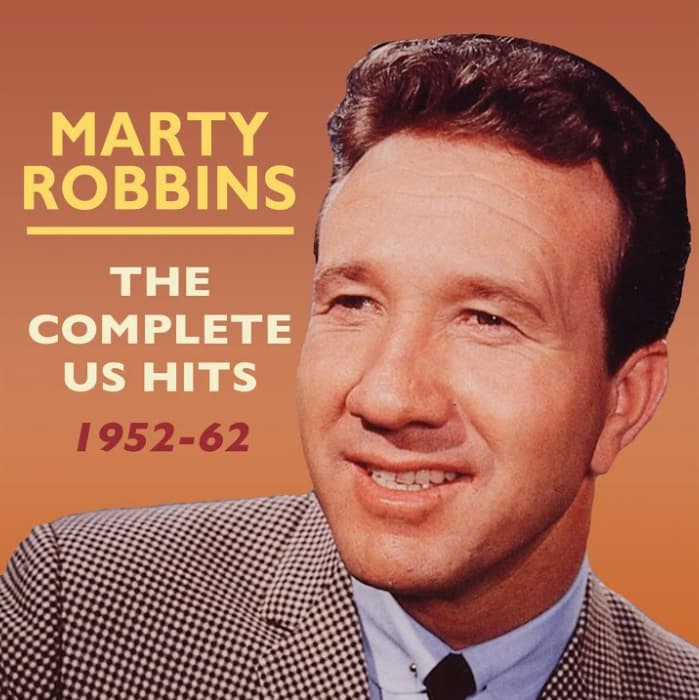
An old vinyl spinning its tale on a silent night.
The Haunting Echo of a Faded Love
The best songs, like the most cherished memories, aren’t just about what happened, but about how they make you feel. They are a time machine, a portal back to a moment, a person, a heartache. For those of us who came of age in the mid-century glow of American popular music, Marty Robbins was a bard of unparalleled grace. He didn’t just sing; he told stories. He didn’t just strum a guitar; he wove a tapestry of human emotion, and few of his threads were as finely spun and tragically poignant as the one that became his classic, “The Same Two Lips.”
Released as a single in 1956 on Columbia Records, backed with the equally heartfelt “Knee Deep in the Blues,” the song quickly captivated listeners with its simple, yet devastating, premise. It was a testament to the power of a melody to wrap itself around a universal ache. The song wasn’t a crossover pop hit like his later masterpieces, “A White Sport Coat (and a Pink Carnation)” or “El Paso,” but on the country charts, it found its home and a devoted audience. “The Same Two Lips” ascended to a respectable No. 5 on the Billboard Country & Western singles chart, a testament to its raw, unvarnished emotional pull. It wasn’t about glitz or grand narratives; it was a quiet, intimate moment of reflection, one that resonated deeply with a generation that knew the complexities of love and loss.
The story behind the song is one of bitter irony and a deeply personal betrayal. The song’s narrator, a man who has given his heart completely, finds himself in the presence of the woman he once loved. The ache isn’t that she has moved on, but that she has moved on with someone he once called a friend. The song’s genius lies in its stark comparison. The man watches as the lips that once promised him everything now kiss another, as the eyes that once held a world of love for him now gaze upon a rival with the same warmth. It’s a cruel, quiet devastation. The line, “the same two lips that kissed and lied, belong to him tonight,” is a punch to the gut, a perfect distillation of the song’s meaning. It speaks to the brutal truth that love, once a sacred and unique bond, can become a common, repeatable act. The song isn’t an angry tirade; it’s a lament, a resigned sigh that acknowledges the painful reality of a love that has not only died but has been reborn in the arms of another.
This was Marty Robbins at his best: a master of the reflective, first-person narrative. He had an uncanny ability to turn a simple observation—the sight of an ex-lover—into a cinematic moment of profound heartbreak. He didn’t need a cast of thousands or a sweeping western landscape. His stage was a quiet corner of a bar, a lonely street, a mind haunted by a single, devastating image. His voice, a soothing, effortless baritone, delivered these gut-wrenching lyrics not with fury, but with a weary, almost gentle, sadness. It’s this understated delivery that makes the song so powerful; it feels like the kind of story an old friend would tell you over a cup of coffee, the kind of memory that still makes your chest feel tight after all these years. It’s a song for anyone who has ever seen the person they once held so dear bestow that same tenderness upon another, a reminder that some feelings, once felt, leave a scar that time can never truly erase. It’s a timeless piece of country music that speaks to the shared experience of love and betrayal, forever etched in the annals of a genre built on heartache.